Gasoline vs Diesel Generators: A Comprehensive Comparison
- By BISON
Table of Contents
It doesn’t matter if you are a small business owner or an individual looking for a generator to power your workplace or home. Proper knowledge of generators will help you make an informed purchasing decision. The two most common types that will come into the generator market are diesel and gasoline.
Since gasoline and diesel are readily available everywhere, most first-time generator buyers choose between the two. This article aims to help everyone know the difference between gasoline and diesel generators. We will also tell you the pros and cons of each type of generator.
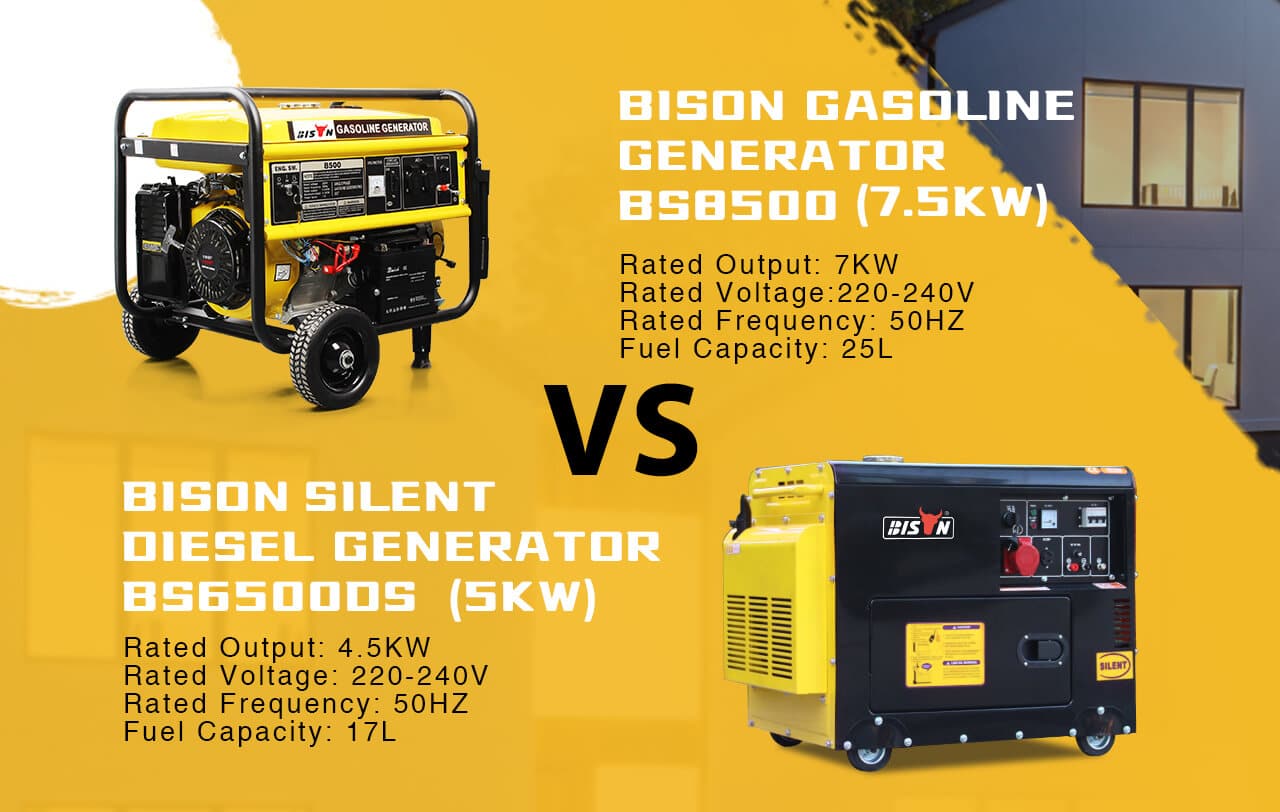
Diesel generators
Diesel generators – also called diesel gensets – generate electricity using an electric generator and diesel engine. Several brands in the market sell high-end and sophisticated diesel generators, such as BISON.
Let’s take a look at the advantages and disadvantages of diesel generators.
Advantages of diesel generators
Diesel generators are known for their long life, low maintenance, and high durability. Other advantages are efficiency, fuel affordability, and easy start.
Diesel engines use less fuel than their gasoline counterparts, allowing them to run for longer periods of time while exerting the same amount of power. Compared to gasoline generators, some diesel generators use only half as much fuel.
Finally, since diesel generators rely on compression to burn fuel, they are easy to start even in cold weather.
Disadvantages of diesel generators
Unfortunately, all good things come at a price, and diesel generators are no exception. These heavy-duty generators are more expensive than their gasoline counterparts. Additionally, the heavy-duty construction means that spare parts are also quite expensive.
Gasoline generators
Gasoline generators—gas generators—are the most common type and are popular with homeowners. The easy availability of gasoline is the reason for the popularity of gasoline generators. Let’s consider the advantages and disadvantages of gasoline generators.
Advantages of gasoline generators
Fuel-powered generators are affordable and reasonably portable. They are perfect for homeowners and small company owners searching for a long-term, dependable, and efficient generator. Additionally, gasoline prices are consistently low and readily available, meaning gasoline generators are cheaper in the long run.
Additionally, gasoline generators are quieter than the majority of diesel generators, which is advantageous when put in homes or other enclosed areas without soundproofing. They are also very lightweight and portable, enabling users to move them as needed.
Disadvantages of gasoline generators
The major disadvantage of gasoline generators is that they use more fuel than diesel generators. This requires the owner to store large quantities of gasoline in his home or workplace, which is a safety hazard.
Additionally, since gasoline burns more intensely than diesel, the heat output is significantly higher. Excessive heat production stresses internal components and calls for frequent maintenance.
Finally, gasoline generators also have higher emissions than other generators, which harms the environment. You must also deal with the unwanted and annoying noises gasoline generators make.
Comparison of gasoline and diesel generators
Fuel type
Diesel generators are better choices than gasoline. Let’s start with looking at gasoline fuel.
Consider storage. Gasoline is more flammable than diesel. Diesel is a safer option because there is no risk of accidental igniting if you will be keeping your fuel in an area with open flames or high heat sources (such as a garage with a workshop).
Diesel also has a longer shelf life than gasoline. Under suitable conditions, diesel fuel will last six to 12 months without additives. On the other hand, gasoline has a shelf life of about three months without additives. The shorter shelf life means that gasoline must be treated and used at rates two to four times higher than diesel. This usage requirement can add significant costs to owning a generator.
Noise level
Older diesel engine generators are notoriously noisy. But contemporary models are not. Except when idle, they run as quietly as a gasoline engine.
When running full throttle, gasoline generators can make more noise than diesel. To produce enough power, gasoline engines must run at a higher RPM than diesel engines. Thus, they have more noise. Most small gasoline generators run at 3,600 RPM. Diesel typically runs around 1,800 RPM.
Maintenance and longevity
Compared to gasoline generators, diesel generators require less maintenance. There are no spark plugs to replace the diesel and no carburetors to maintain and replace. A 1,800 RPM water-cooled diesel can run for 12,000 to 30,000 hours without significant maintenance. A comparable gasoline generator will run for 6,000 to 10,000 hours before requiring primary care.
One of the reasons diesels last longer is that diesel engines burn cooler than gasoline. Excess heat causes wear on gasoline components. Another reason diesel engine systems last longer is that diesel fuel emissions are not as harmful as gasoline engine emissions.
Comparing diesel and gasoline generators for extended use
Finally, diesel generators are better for long-term use than gasoline generators. Most large diesel generators are liquid-cooled, while smaller portable generators are air-cooled. For extended use, liquid-cooled models have an advantage as air-cooled models can overheat when used for long periods, especially with high ambient temperatures.
Diesel generators are also designed to operate under heavy loads for extended periods. They perform better under heavy loads than under light loads. Gasoline generators are designed for intermittent use only. They are intended for something other than significant power outages.
Gasoline/diesel generators work
A diesel generator uses diesel fuel to power its engine. An engine usually consists of a cylinder, a piston, and a fuel injection system, which works by spraying a fine mist of diesel fuel into the cylinder at the right time. The fuel burns due to the heat generated by the compression of the air inside the cylinder, creating pressure that drives the piston and generates electricity through an attached generator.
An internal combustion engine transforms fuel into electrical power in a gasoline generator. A spark plug ignites a mixture of air and fuel inside the cylinder of an engine, which is normally made up of a cylinder, a piston, and a crankshaft. The resulting explosion creates pressure that drives the piston, which rotates the crankshaft and generates electricity through an attached generator. Gasoline generators are usually started using a pull cord or ignition switch.
fuel efficiency
Diesel generators are known to be more fuel efficient than gasoline generators, meaning they can run longer on just one tank of fuel. This makes diesel generators a more cost-effective option for businesses and individuals who need constant power.
Power output
Diesel generators are generally more powerful than gasoline generators. This makes diesel generators an excellent choice for powering heavy-duty applications such as construction sites, data centers and other commercial industries. They provide reliable power even during periods of peak demand, making them ideal for critical operations.
cost
Diesel generators are generally more expensive to purchase than gasoline generators. However, diesel generators are also more durable and last longer, making them a sound investment in the long run. In comparison, gasoline generators are less expensive to purchase but may require more frequent maintenance and replacement.
Gasoline and diesel generator applications
Gasoline generators are often used in portable power applications such as camping and tailgating. They are lightweight and easy to transport, making them ideal for powering small appliances and electronics around the home during a power outage. Diesel generators, on the other hand, are often used in stationary power applications such as construction sites, hospitals, data centers and other commercial industries. They are larger and sturdier than gasoline generators, making them better suited for heavy-duty applications that require constant power.
Conclusion
Recent improvements in diesel and gasoline generators mean that the efficiency gap has narrowed significantly. Today, diesel-fueled generators emit far less pollution than their predecessors, and many gasoline generators can meet operating needs previously met only by diesel generators.
Choosing between these two types of generators is easiest when working with an experienced power expert who understands how these recent developments affect generator performance.
At BISON, our experts can help you understand which generator is best for you based on location, industry, power needs, and budget. Call our team for immediate assistance if you need help choosing a generator.
Most Popular Posts
QUESTIONS?
CONTACT US TODAY.
buy?
Related Posts
Diesel Generators Maintenance & Daily Use
Home / News / Table of Contents As a Professional Generators Manufacture, Bison understand the importance of having a reliable power source for your business.
Related Products

silent diesel generator price for home
BISON adopt three times harmonic excitation technology, making it easy to start. It has strong
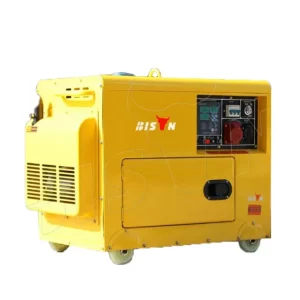
Diesel Generator Heavy Duty
Diesel Generator Heavy Duty – Product Description This one is 380V and the output power
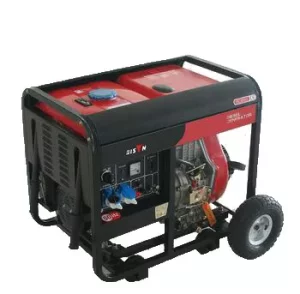
small diesel generator 2KW open type mobile diesel generator
Bison Machinery–2kw open type portable small diesel generator – Product Parameter Item: 2kw diesel generators
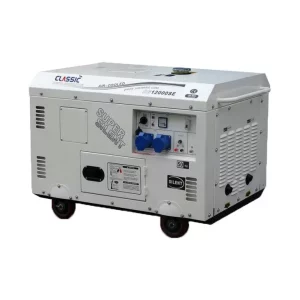
silent 15kw generator
The BISON 15kW silent diesel generator is a powerful and reliable generator that is perfect
.png)
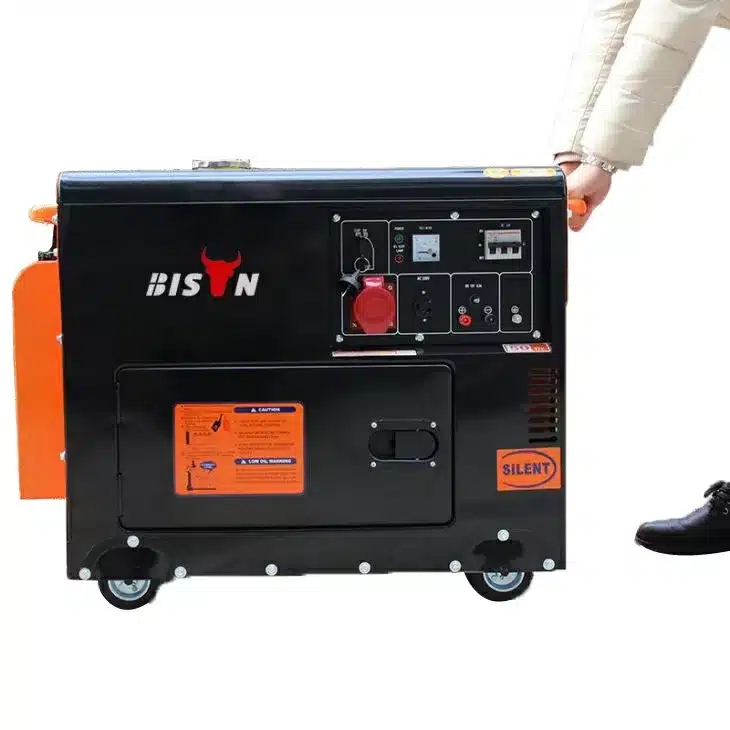
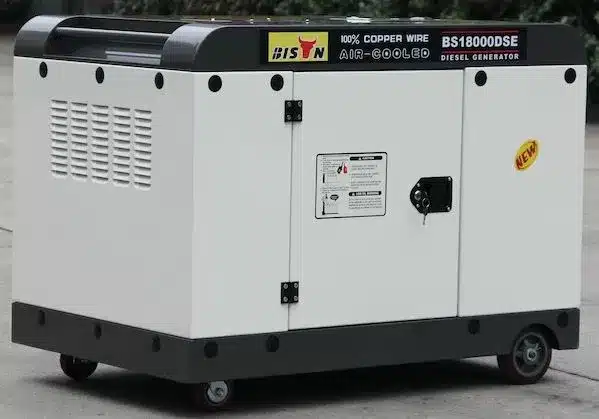
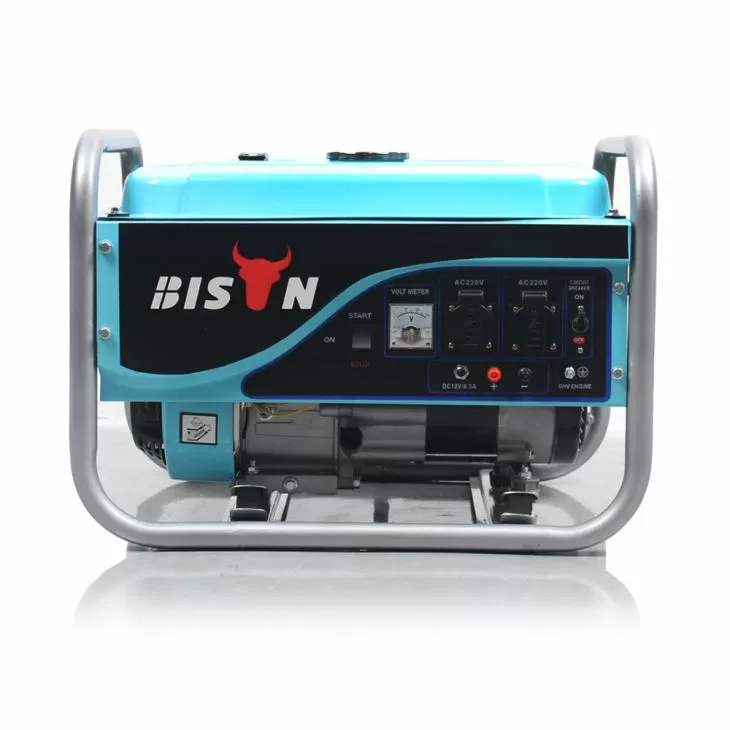
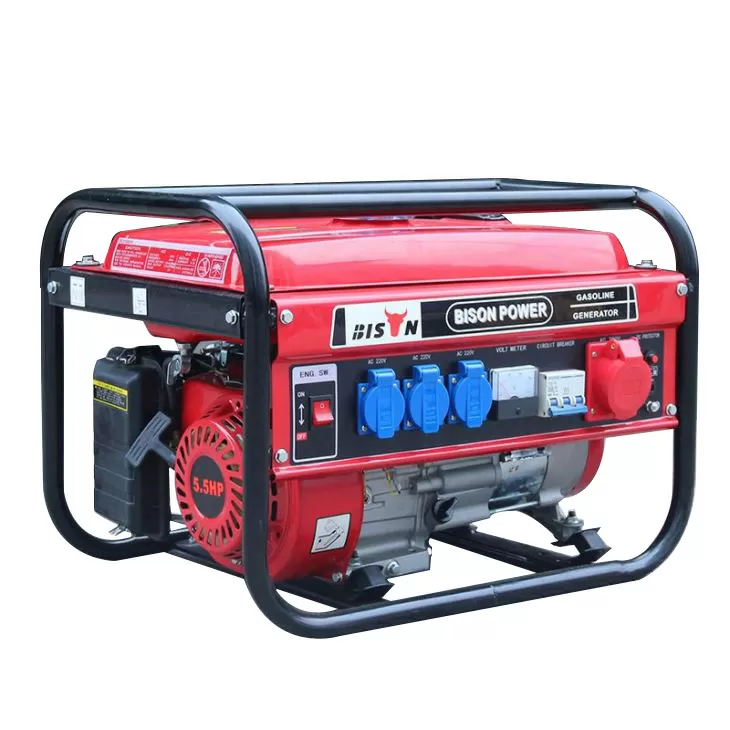
-qbpqbzxxvtguiuwezisu6wo6j1i29b4m1el1ir1u8o.png)

